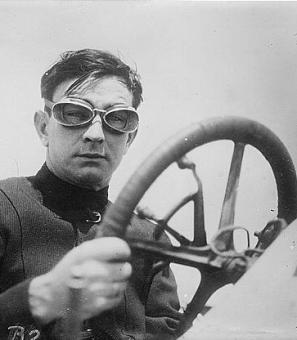Happy Repeal Day, Maryland and Virginia! (Sorry, D.C.)
Repeal Day, December 5, 1933, was a day of wild celebration. The 18th Amendment was repealed, ending the great experiment known as Prohibition. Booze could finally start flowing again (legally) across the country and Americans were eager to imbibe. But, as kegs were tapped and bottles were uncorked from coast to coast, one place was left out of the party: Washington, D.C.
Sadly for District residents alcohol sales in the nation's capital wouldn't resume until March 1, 1934 -- three months later! -- delayed while Congress developed alcohol tax and regulation policies for the city. In a way, they delay was fitting. Because of the D.C.'s colony-like relationship with the federal government, the District had always operated by a different set of rules with regard to Prohibition.
With the temperance movement gaining steam, Congress enacted Prohibition in the District on November 1, 1917, over two years before National Prohibition went into effect. In doing so, dry lawmakers hoped to transform the city into a "model dry city" for the rest of the country to follow. Taverns closed or became soda fountains. Breweries (D.C. had several at the time) shut their doors or changed their product lines.
But, as local historian Garrett Peck explains in his great book, Prohibition in Washington, D.C.: How Dry We Weren't, District residents didn't really buy into the model city idea. Speakeasies popped up all over D.C. and bootleggers found many willing customers for their black market bottles (including quite a few in the halls of Congress). Drinking had always been part of Washington culture and no Congressional action was going to stop that.
For more on Washington's history during Prohibition, check out this video piece we did with Garrett Peck. And, go ahead and buy his book -- it makes a great stocking stuffer!


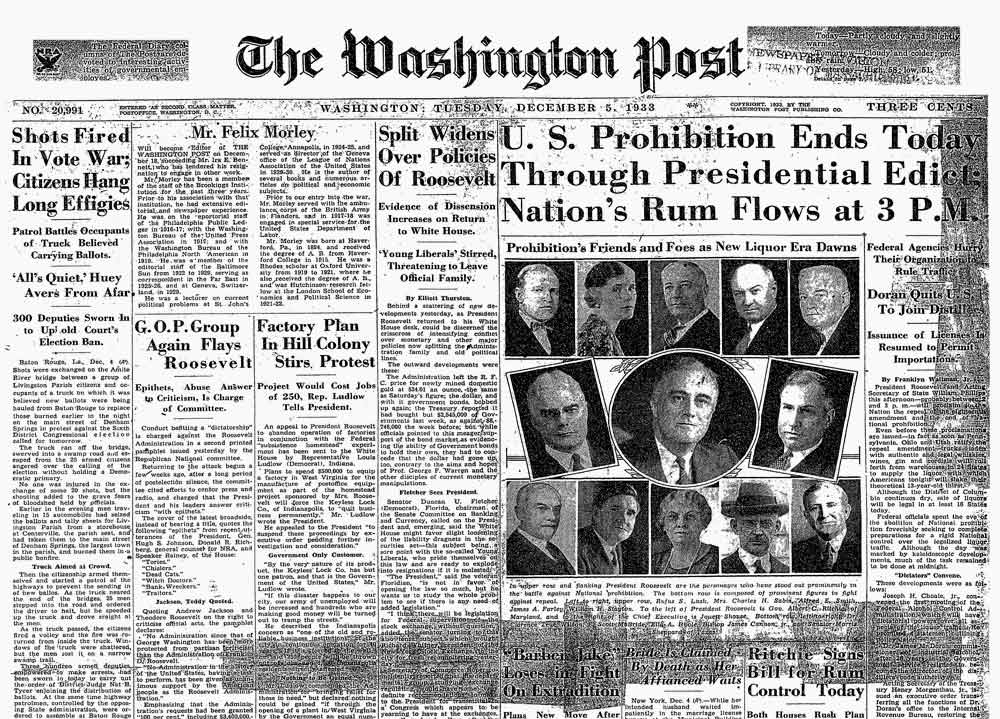
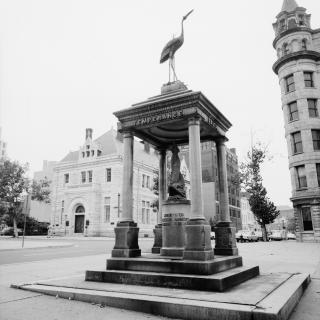
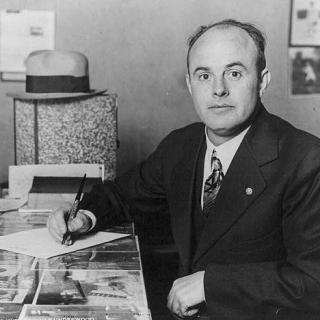
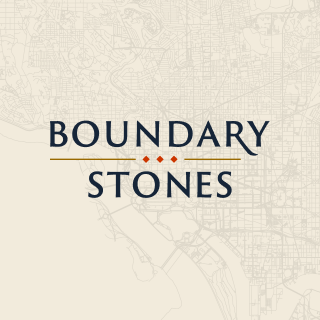
![Sketch of the mythical fuan by Pearson Scott Foresman. [Source: Wikipedia]](/sites/default/files/styles/crop_320x320/public/2023-10/Goatman_Wikipedia_Faun_2_%28PSF%29.png?h=64a074ff&itok=C9Qh-PE1)











